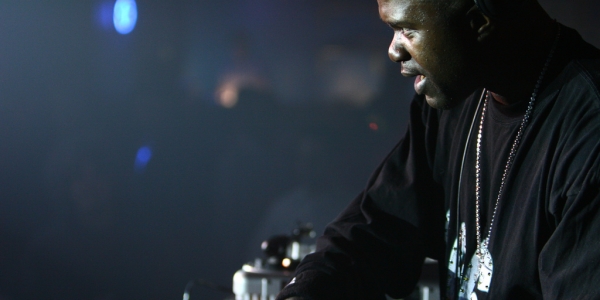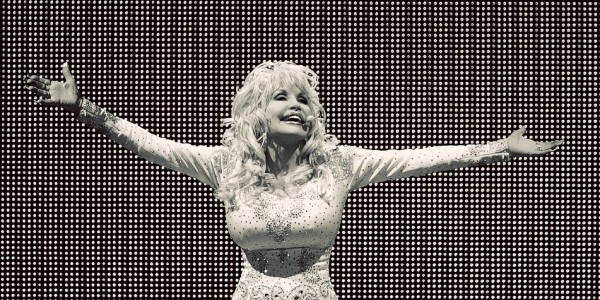“Hopefully it won’t be the last time I’m going to be there either,” he jokes. “It’s definitely been a long time coming, it would have happened a lot sooner but it’s usually down to things like promoters, schedules and logistics. I hope people will come out to see my shows because I can guarantee you that you’ll see some real hip hop. I know that a lot of people have heard of me, but I know there’s a lot of people who haven’t, so for those who haven’t, I think it would be a great chance to learn something new which is actually old!”
And that is, in essence, what Theodore has been doing best over the last decade. With his Scratch DJ Academy about to reach a milestone tenth anniversary, he says the workshops teach beyond just hip hop history and techniques – the main focus is music in general.
“The first thing I try to get across to the students is that they have to learn the history of the DJ,” Theodore states. “Sure, we cover the masters like Grandmaster Flash, Afrika Bambaataa and DJ Hollywood, and we try to teach people what these DJs were about, what they stood for, where they came from and what each one of them brought to the table in their unique way. But there’s so much more to it than that, in terms of hip hop at least. There’s also the crews, the emcees, the graf artists, the turntablists – the artform itself, there is so much that makes up hip hop and it’s not just the beats. I try to teach the students about turntables and I tell them about the needles and how it all works and how to slow it down and speed it up and how to hook it up to the mixer and so on. I don’t just teach hip hop, though, I teach music – period. If you’re into drum and bass, or electro, or techno, or R&B, or reggae – whatever – I can teach you the basics of DJing and you could take that and actually apply it to whichever genre you like. But most of all I enjoy teaching students how to hold the turntable and how I created the scratch.”
That’s right – for the newcomers to the genre, the man is credited as the inventor of scratch and one of the biggest innovators in hip hop music history. Incredibly, it all goes back to an annoyed mum and a 14 year old Theodore accidentally stumbling across a whole new way of making music within the confines of his bedroom…
“Oh yeah, without a doubt, that story is definitely true!” he laughs. “It was like the mid-’70s and the one thing that kept me going through the day at school was waiting to get home and play my records. I remember one day my mum wasn’t that happy with me because the music was really blaring from my bedroom and when she burst in my hand was still stuck on the record and it was accidentally making it move back and forward…And I was like, ‘That’s kind of cool…’ When I took it out in front of the crowd, I remember the looks on their faces were like, ‘What the hell is this?’ That was at first. Then a few moments later they were going crazy! Everybody was coming up to me saying, ‘Yo, it’s like hearing your favourite record but with your favourite bits being scratched over and over again!’ They loved it. You could see that it just electrified the crowd and people were screaming and coming up to me in the front row.”
And the rest, as they say, is literally hip hop history. The golden age of the genre, the free-for-all block parties, and the early spirit of New York’s hip hop underground still come to life occasionally when Theodore gets a chance to play a show of his own. The culture and the music itself may have changed immensely over the last three decades, but it’s still possible to channel the energy of the hip hop glory days, according to Theodore.
“I was still a kid at the time, I was like 14 years old,” he recalls. “But I was already DJing with my older brother Mean Gene. The clubs still had age limits so they wouldn’t really let you play in there, but there were a lot of block parties going on during the summer time, all summer long. My brother started DJing with [Grandmaster] Flash around ’74 or something like that, and that’s when I really started getting into it too. Flash was really tight with my brother, he was pretty much part of the family. He spent so much time at our house that when my mum would cook we always set out a plate for him and he always ate at the table with us. Him and my brother would stay up so late making music, till three in the morning, so he’d just stay at our house and crash out on the couch instead of going home. I remember the days we all spent hanging out together.”

